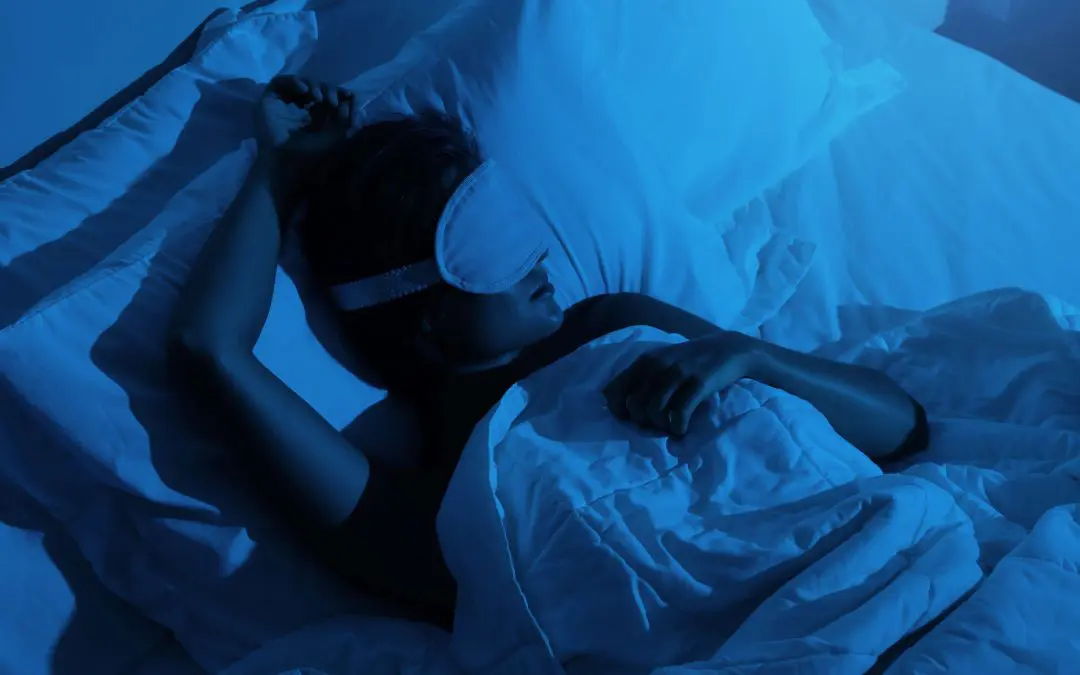Creating a home environment that promotes restful sleep can be life-changing. Sleep quality affects everything from your mood to your productivity, so adjusting your space is worthwhile. With a few strategic changes, you’ll optimize your home for good sleep and turn your home into a relaxing space that fosters deep, rejuvenating sleep.
Set the Right Bedroom Temperature
Temperature plays a big role in how well you sleep. A room that’s too hot or cold can disrupt your rest, making you wake up feeling groggy instead of refreshed. Most experts agree that keeping your bedroom between 60 and 67 degrees Fahrenheit is ideal for sleep. If you struggle with staying cool or warm, invest in a programmable thermostat or use breathable bedding materials like cotton or bamboo. Blackout curtains can also help by blocking out sunlight and insulating your room against temperature fluctuations.
Choose the Right Mattress and Pillows
Your mattress and pillows are the foundation of a good night’s sleep. If your mattress is over eight years old or you wake up with aches and pains, it’s time to upgrade. Look for a mattress that supports your sleeping position, whether you’re a back, side, or stomach sleeper. Memory foam and hybrid mattresses are popular for their ability to contour to your body while providing support.
Pillows are just as important. If your pillow is too high or flat, it can strain your neck and shoulders. Opt for pillows that align with your sleeping style and replace them every one to two years to keep them fresh and supportive.
Optimize Your Home for Good Sleep By Managing Light Exposure
Light has a powerful influence on your circadian rhythm, which is your body’s internal clock. Too much light in the evening can trick your brain into staying alert when it’s time to wind down. Installing dimmer switches or using warm, low-wattage bulbs in your bedroom creates a calming atmosphere.
Blocking out external light is equally important. Blackout curtains or shades are excellent for keeping your bedroom dark, especially if you live in an area with streetlights or early morning sunlight. If blackout curtains aren’t an option, an eye mask will provide similar benefits.
Reduce Noise
Noise pollution can be one of the biggest culprits behind restless nights. From barking dogs to street traffic, unwanted sounds can disrupt your sleep cycles. Soundproofing your windows with heavy drapes or sealing gaps around doors and windows helps reduce noise. A white noise machine or fan can also mask disruptive sounds, providing consistent, soothing background noise.
Limit Electronics in the Bedroom
Electronics can interfere with your ability to fall asleep. Blue light emitted by phones, tablets, and televisions suppresses melatonin production, a hormone essential for sleep. Make your bedroom a screen-free zone by charging devices outside of the room and replacing nighttime scrolling with a calming pre-sleep routine like reading or journaling.
Create a Relaxing Pre-Sleep Routine
Your home’s environment isn’t the only factor affecting your sleep. A consistent bedtime routine helps signal to your body that it’s time to wind down. Activities like taking a warm bath, meditating, or sipping herbal tea can ease your mind and prepare you for restful sleep. Incorporating these rituals in a peaceful bedroom setting will enhance their effectiveness.
Pay Attention to Air Quality To Optimize Your Home for Good Sleep
Good air quality is often overlooked but can greatly impact your sleep. Dust, allergens, and stale air make breathing at night uncomfortable. Regularly clean your bedroom, wash bedding, and use an air purifier to improve the air quality. Adding a few houseplants like snake plants or peace lilies can also naturally filter toxins and promote a fresher environment.
By making these changes to your home, you’ll create a restful haven that supports better sleep and leaves you feeling refreshed and ready to take on the day. Sweet dreams!
Optimize Your Home for Good Sleep FAQs
How can I tell if my mattress is affecting my sleep?
If you wake up with aches, feel restless during the night, or your mattress sags in places, it may be time for a replacement.
Do blackout curtains really make a difference?
Yes, they help block external light, which can interfere with melatonin production and disrupt your sleep cycle.
How often should I clean my bedroom for better sleep?
Dusting and vacuuming weekly, washing bedding every one to two weeks, and decluttering regularly can help maintain a sleep-friendly environment.
Can white noise help everyone sleep better?
While white noise benefits many, some prefer complete silence or alternative sounds like pink noise or nature sounds. Experiment to find what works best for you.
Home Inspectors of Columbus provides inspections to homebuyers and sellers in the Chattahoochee Valley of Georgia. Contact us to request an appointment for our services.

